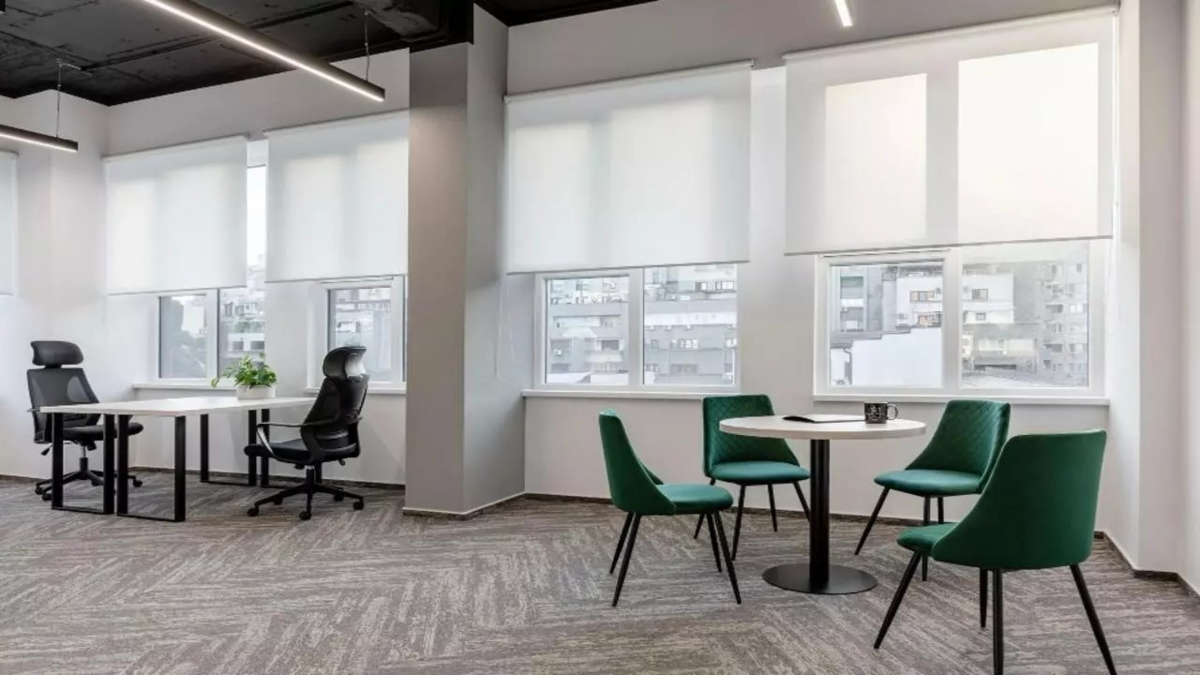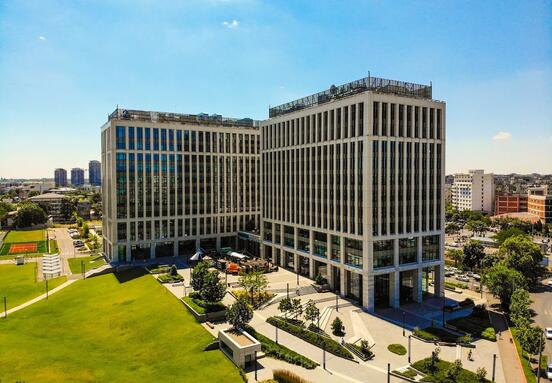The €30,000/month office dilemma
The National Company for Road Infrastructure Investments (CNIR), a state-owned entity under the Romanian Ministry of Transport, is making headlines with its decision to move employees out of its luxurious northern Bucharest office.
For this premium location, CNIR was shelling out a substantial €30,000 (approximately 149,297 RON) monthly to a private firm, GPP Consultanță Business și Proiectare SRL.
This move underscores a growing trend where even well-established organizations are re-evaluating their real estate expenditures in a changing economic landscape.
Austerity meets office strategy
The primary driver behind CNIR's relocation is a broader push for austerity and the belief that paying such a high rent to a private entity is inappropriate, especially when state-owned spaces are available.
The company is set to relocate its operations back to the Palatul CFR (CFR Palace), a state-owned property, once the necessary spaces are cleared. This strategic shift highlights a critical consideration for businesses: the balance between perceived prestige or comfort and the imperative of cost optimization, particularly when public funds are involved.
Balancing performance needs with budget realities
CNIR's initial justification for premium space
Interestingly, CNIR's initial move from Palatul CFR to the private luxury office was justified by its General Director, Gabriel Budescu, citing unsuitable conditions at the state property. These included structural cracks, a lack of centralized air conditioning, absence of controlled access, and overcrowding. Budescu emphasized the importance of a comfortable and secure environment for employee performance, echoing a common argument for investing in high-quality office spaces.
Ministerial oversight and cost reduction mandates
However, these justifications were swiftly rejected by the Minister of Transport, Ciprian Șerban. The Minister firmly insisted on utilizing existing spaces within the Ministry's framework to drastically reduce costs. This directive serves as a stark reminder for all businesses, public or private, that the pursuit of premium amenities must always be weighed against budgetary constraints and strategic financial planning.
Key takeaways for businesses navigating the commercial real estate market
CNIR's office relocation saga offers several crucial lessons for businesses actively seeking or evaluating their office and warehouse spaces:
Cost optimization is paramount
The pressure to optimize rental expenses is not unique to state-owned companies. All businesses should continually scrutinize their lease agreements, explore alternative locations, and consider the long-term financial implications of their real estate choices. The €30,000/month saving demonstrates the significant impact even a single decision can have on the bottom line.
Amenities vs. affordability: a constant trade-off
While a comfortable and well-equipped office environment can boost morale and productivity, CNIR's case highlights the tension between providing such amenities and managing budget constraints. Businesses must critically assess which features are truly essential for their operations and which are "nice-to-haves" that might be sacrificed for significant cost savings.
Leveraging underutilized assets
The move back to a state-owned property suggests a broader trend towards leveraging existing, underutilized assets to reduce overheads. Businesses with multiple properties or those considering expansion should explore the potential of repurposing or optimizing their current holdings before incurring new, high costs for external rentals.
The evolving definition of "suitable" office space
What one entity deems "improper" conditions (e.g., cracks, lack of central AC) another might find acceptable, especially if it comes with substantial cost benefits. Businesses need to define their minimum acceptable standards based on operational necessities, employee well-being, and, crucially, their financial capacity.
Impact of economic climate on lease decisions
Periods of austerity or economic uncertainty often force organizations to re-evaluate their commercial real estate strategies. Being agile and prepared to adapt to market shifts, whether by downsizing, relocating, or renegotiating terms, is vital for long-term financial health.
Source: realitatea.net







